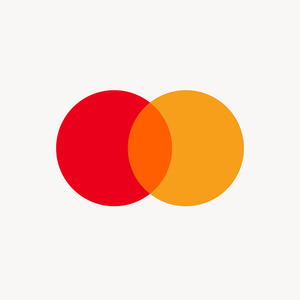For those of you not familiar with the term, DCC (Dynamic Currency Conversion) is a system whereby a merchant (say a hotel, shop, restaurant, etc) in a foreign country applies their/bank's own currency exchange rate to a transaction where the "home" currency of the card (for most of us, AUD) is different to the currency of the merchant. In most, if not all cases, the rate given through DCC is a lot worse than that given by xe, MasterCard, Visa, etc. I've never heard of a case where it's more advantageous to use DCC (if a case did exist, it would be due to a very rapid change in a currency's exchange rate in a very short span of time, rapid enough that DCC doesn't correct it by the time the transaction is made).
AFAIK, a merchant must offer an overseas customer a choice - to either pay in the local currency, or to use the customer's home currency. Some customers prefer to know an exact home currency amount in which case they choose the DCC process, and whilst they get charged more, they prefer the certainty. Others, like myself, prefer to let the card scheme (MasterCard, Visa) handle the conversion at much more preferable rates.
I am in India at the moment, holding a Coles Rewards MasterCard (no international transaction fees) and at the two hotels I've stayed at, DCC has been "forced", in the sense that the terminal displays an AUD amount directly above the "Enter PIN" prompt, straight after the receptionist enters an amount in INR and presses "ENTER". There is no option presented prior to this regarding a choice of INR or AUD.
Trying to explain this to the hotel staff leads to blank stares, as they just can't understand what you're saying. The typical response is "Don't worry sir, after you enter the PIN there is an option to charge in Rupees". What they don't understand is that entering your PIN while their DCC'ed AUD amount is showing is the exact same as saying "I accept your conversion and the charge displayed". Luckily my partner had a card from a local bank which of course kept the entire transaction in INR.
I've read MasterCard's terms and conditions thoroughly, and it explicitly stated that all relevant information is available to the Cardholder at the point of sale to allow them to make an informed decision on whether to accept or decline the DCC offer.
These hotels (5 star ones at that, too) therefore seem to be acting illegally. No way can it be legal to force a foreign customer to not use local currency!
Have you experienced something like this while travelling? There's nothing that you can do when you're at the point of making a transaction, you're literally stuck there and have to accept the cost, or else you can't leave. They literally have you by the balls.
MasterCard have even written a DCC guide which states WHAT IS AUTOMATIC DCC?
✓ Automatic DCC is when a Merchant conducts DCC and submits
authorization or pre-authorization without informing or seeking
Cardholder consent. Automatic DCC is strictly forbidden under
the applicable legislation and Mastercard Rules. A Merchant
or terminal should always provide a choice to the Cardholder.
I'd rather not go through a lengthy chargeback process for each transaction (of which run into the '000s of $) just because the staff have no idea what DCC is nor how it works, nor how to disable it.

Local laws apply so why don't you take it up with the local Indian authorities or Mastercard?
Not exactly much we can do from here where we follow Australian laws.